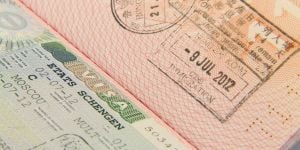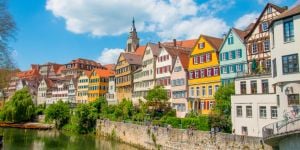Naturalisation - Income proof
Last activity 03 October 2020 by TominStuttgart
Subscribe to the topic
Post new topic
Articles to help you in your expat project in Germany
 Getting married in Germany
Getting married in GermanyNon-German citizens can get married in Germany, whether to a German citizen or another foreign national. However, ...
 Entry requirements for Germany
Entry requirements for GermanyNationals of the EU and EEA can travel to Germany as short-term visitors without restrictions, with a national ...
 Summer jobs in Germany
Summer jobs in GermanyThe summer season in Germany begins in June and lasts until the end of August. These three months of the year ...
 Elderly care in Germany
Elderly care in GermanyGermany may not have the sunshine and beaches of the Mediterranean or Southeast Asia, but it is among Europe's ...
 Buying property in Frankfurt
Buying property in FrankfurtFrankfurt has a very lively real estate market, and buying a house there is, without a doubt, a worthy long-term ...
 Popular neighbourhoods in Frankfurt
Popular neighbourhoods in FrankfurtFrankfurt is an international city and an important financial center in Europe, and each neighborhood has a story ...
 Connecting to the internet in Germany
Connecting to the internet in GermanyStaying connected in Germany is easy thanks to its advanced telecommunications network and the widely available ...
 Accommodation in Stuttgart
Accommodation in StuttgartStuttgart, the capital city of the Baden-Württemberg region, is one of Germany's most diverse cities, ...



